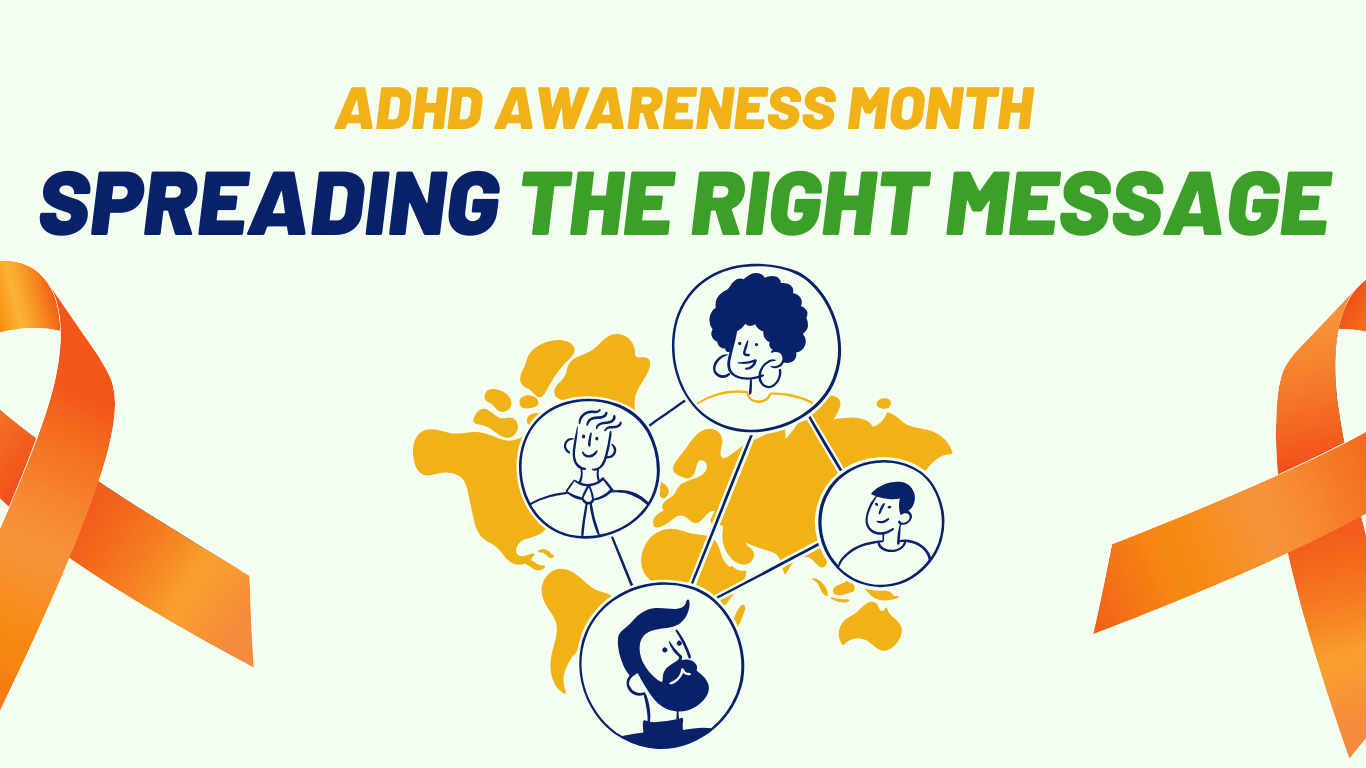Hey ADHD and the Neurodivergent Community at large 🌟
It’s that time of year again—October is officially ADHD Awareness Month, and we couldn’t be more excited to connect with our incredible community! As a company dedicated to helping you harness the power of routines, we know firsthand how important it is to build strategies that fit you. ADHD is unique for everyone, and finding what works for your brain can be a total game changer.
One thing we’ve learned from working with so many of you?
Self-awareness is everything. Recognizing your ADHD tendencies is the first step to creating solutions that stick. Whether it’s identifying your peak focus hours, recognizing when you need a break, or creating small habits that help you stay on track, understanding your own rhythms can help you thrive. That’s why we design our tools to support you every step of the way, with reminders, flexible planning, and custom routines built around your needs.
But it’s not just about the individual journey—
October is also a chance to raise awareness about ADHD on a larger scale. Did you know that over 50% of people still incorrectly believe ADHD is simply a matter of "not paying attention"? That's one in every two people! This misconception not only oversimplifies the condition but can also reinforce stigma. Many still think ADHD is just a childhood issue or something that can not continue into adulthood, when in reality, it affects people of all ages, in different ways, every single day.
That’s why ADHD Awareness Month is so crucial—
It’s an opportunity for all of us to educate, advocate, and push back against outdated stereotypes. But let’s be real, having these conversations isn’t always easy. Talking about ADHD means challenging misconceptions, addressing stigma, and sometimes facing uncomfortable truths about how misunderstood ADHD can be.
Here are a few ways to start having those awareness raising conversations this month:
- Share Your Experience: Whether it’s through social media, a blog, or in-person chats, your personal story matters. Talk about the realities of living with ADHD—both the struggles and the strengths. Showing that ADHD is more than what people see on the surface helps others understand the full picture.
- Address Misconceptions: Next time someone mentions an outdated stereotype about ADHD (like "you just need to focus more" or "everyone’s a little ADHD these days"), use it as an opportunity to inform them of the latest knowledge. Explain that ADHD is a neurological condition that affects more than just attention, and that it’s something people manage in various ways throughout their lives.
- Bring ADHD Into Everyday Conversations: Whether it's with family, friends, or coworkers, normalize talking about ADHD in everyday life. Discussing how it impacts things like productivity, emotional regulation, or social interactions can help others see ADHD from a more nuanced perspective.
- Advocate for Accommodations: If you're comfortable, advocate for ADHD-friendly environments in schools or workplaces. Talk to employers or teachers about things like flexible deadlines, clear instructions, or dedicated focus spaces. Normalizing accommodations for ADHD is a big step in creating a more inclusive world.
By starting these conversations, you’re not only helping yourself—you’re also making life better for the millions of people who live with ADHD every day. So, this October, let’s take the time to raise awareness, share our stories, and create a world where ADHD is understood and supported.
